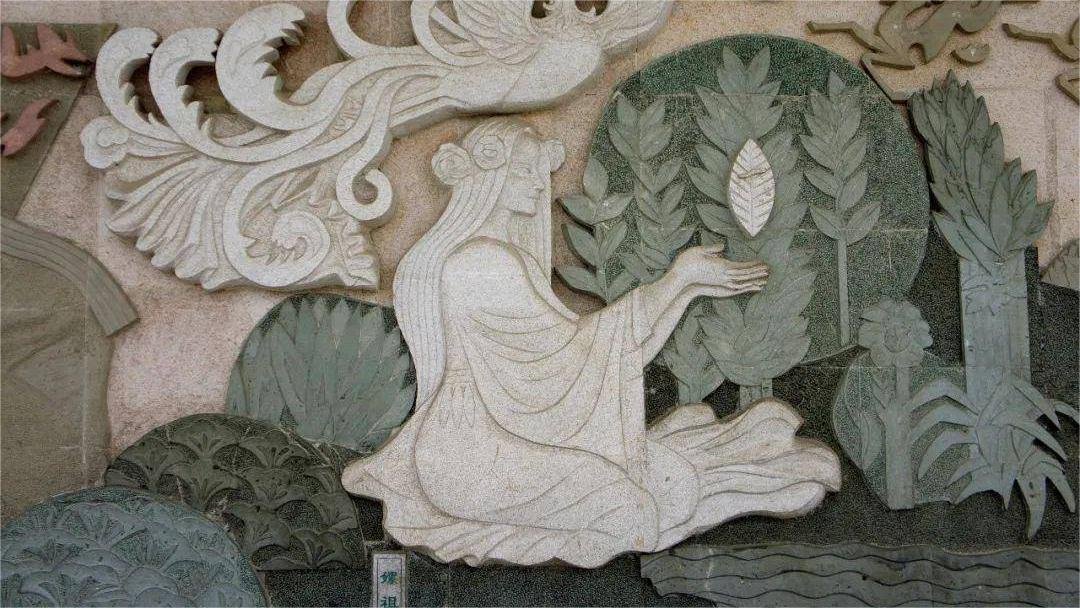The Yellow Emperor, also known as Huangdi, stands as a legendary figure in Chinese history and culture. His reign is shrouded in myth and mystery, intertwined with the origins of ancient Chinese civilization. Yet, behind every great ruler, there often lies an equally influential partner. In the case of the Yellow Emperor, his wife plays a vital but often overlooked role in the tapestry of his legacy.
The Yellow Emperor’s wife, known as Leizu or Luozu, is a figure of great significance in Chinese mythology and history. She is credited with discovering the art of sericulture, the cultivation of silk from silkworms, and is often referred to as the “Goddess of Silkworms.” This pivotal discovery revolutionized the ancient world, leading to the development of China’s silk industry and its subsequent rise to prominence in international trade.
Leizu’s contribution to the advancement of her society was not only in the realm of economy but also in culture. The delicate, luxurious fabric of silk became a symbol of prestige, power, and beauty, transforming the way people dressed and enhancing their sense of identity. Her innovation bore cultural, economic, and diplomatic fruits, enhancing the Yellow Emperor’s reign and shaping the civilization that would flourish for centuries.
Though historical records from that era are scant, Leizu’s presence is often evoked in oral traditions, folklore, and historical texts that have been passed down through generations. She is celebrated not only as an inventor but also as a wise and compassionate partner to the Yellow Emperor. Their relationship, built on mutual respect and shared aspirations, reflects a narrative of collaboration that defined an era.
The Yellow Emperor’s reign marked a pivotal period of growth and transformation in ancient China. With Leizu by his side, he forged alliances with neighboring tribes, fostered technological innovation, and laid the groundwork for the cultural and philosophical foundations that would shape Chinese society. Leizu’s contribution extended beyond the realm of sericulture; her wisdom and counsel were often sought in matters of statecraft and governance.
In the annals of history, Leizu’s legacy endures as a testament to the indispensable role that women played in shaping the course of civilizations. Her ability to balance her role as a wife and mother with her accomplishments as a pioneering figure exemplifies the complexity and strength of women’s historical contributions.
While Leizu’s existence and deeds may be enshrouded in myth and legend, her impact on Chinese culture and history is undeniable. From her innovative mastery of sericulture to her quiet influence on matters of state, she exemplified the profound partnership between a ruler and his wife. Her story illuminates the interconnectedness of historical events and the pivotal role that women played, often behind the scenes, in shaping the course of nations.
In conclusion, the Yellow Emperor’s wife, Leizu or Luozu, stands as a symbol of innovation, wisdom, and partnership in ancient Chinese history. Her discovery of sericulture and her supportive role by the side of the Yellow Emperor contributed not only to economic prosperity but also to the cultural and societal transformation of China. While her story may be intertwined with myth and legend, her impact on the world of silk and her influence on the Yellow Emperor’s reign are enduring testaments to her historical significance.


